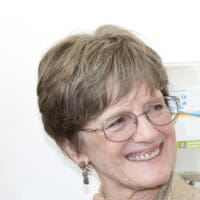A focus on cultural ecology—how human actions or practices shape the physical, social, and mental landscapes in which we grow up and live—permits one to track the biocultural dynamics through which culture gets “under the skin.” Such embodiment is driven by adaptive context-expectant features of human development and biology that operate through experience-contingent, epigenetic, time-sensitive, and even transgenerational pathways. For instance, early stress exposure alters activity of stress sensitive systems that, in turn, influence vulnerability to stressors and their health-eroding effects throughout life. Examples from our research in Nepal among villagers, street children, and ex-child soldiers illustrate these dynamics and their impact on differential outcomes from marginalization, trauma and war. Our most recent work with a cohort of ex-child soldiers has examined immune activation arrays to reveal resilience factors that play a key role in buffering the impact of PTSD. Hence, the body serves as a lens through which to view the interactions of person and context through time and social space, and thus to understand the roots of human suffering
and welfare.

Carol Worthman, PhD
Emory University
Reviewer
Carol Worthman is the Samuel Candler Dobbs Professor of Anthropology at Emory University (Atlanta), where she also directs the Laboratory for Comparative Human Biology. After taking a dual undergraduate degree … MORE

